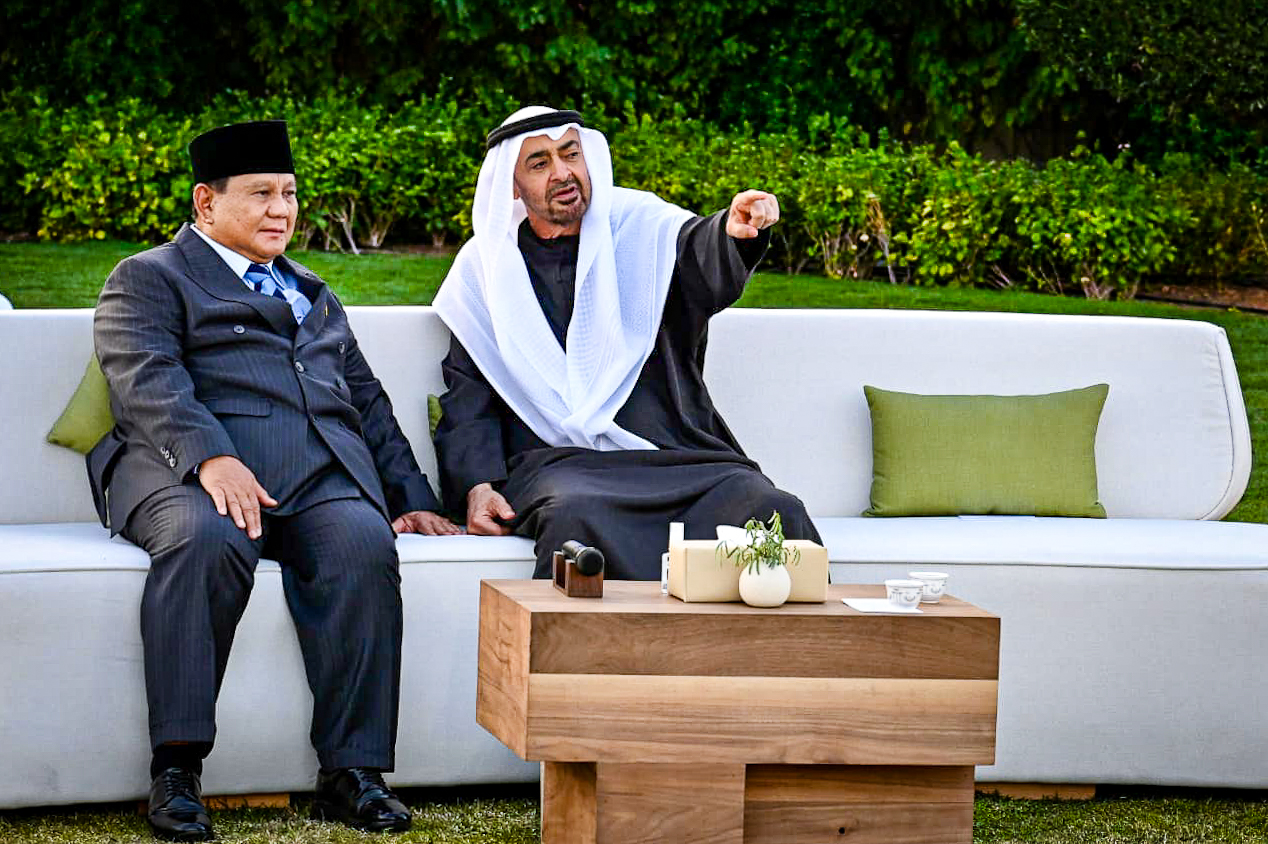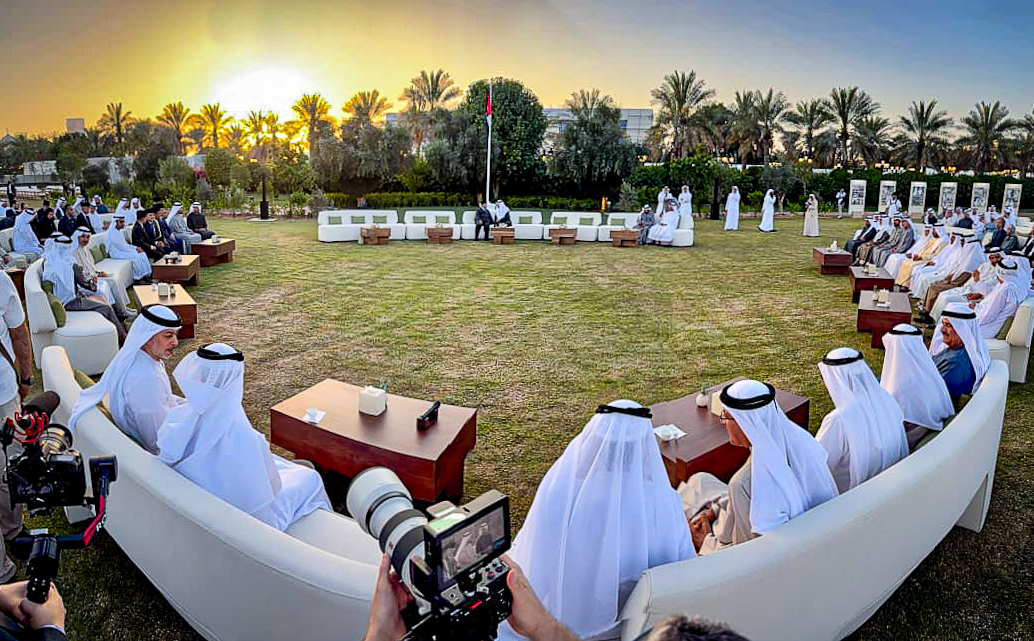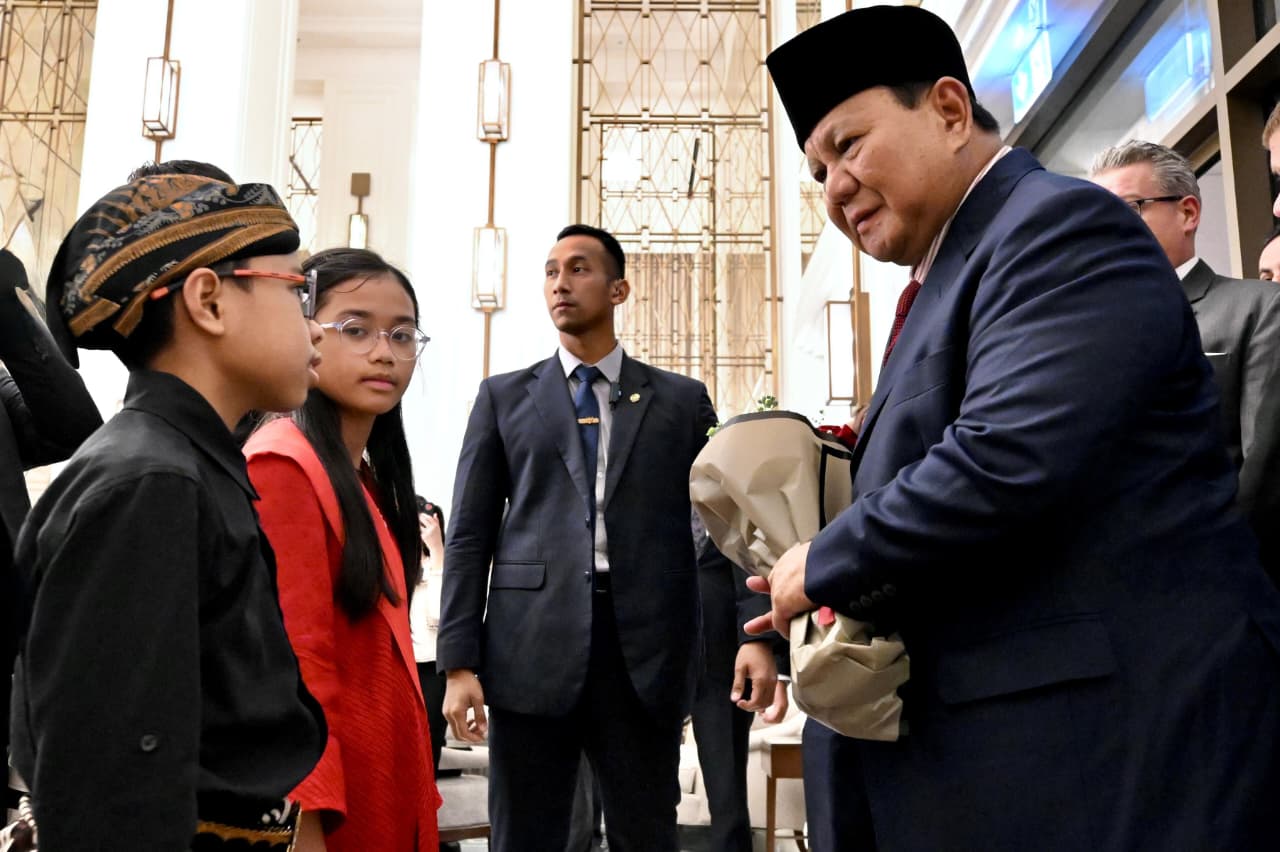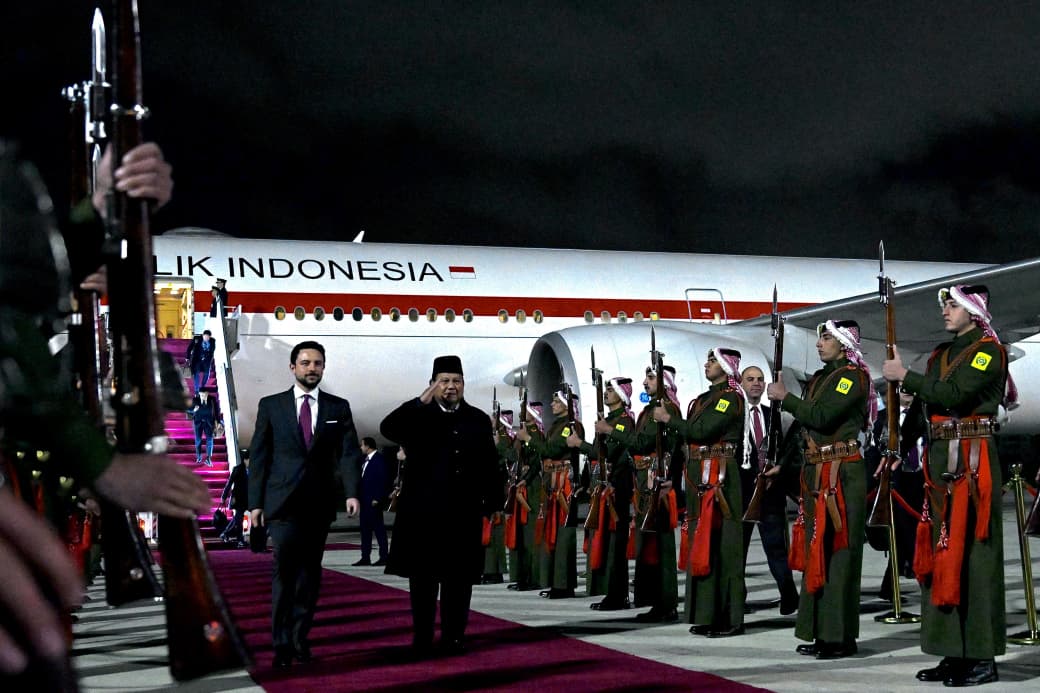Government Announces 11th Economic Policy Package
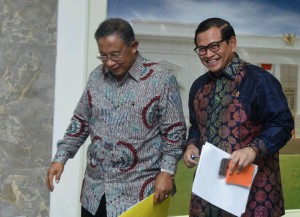
Coordinating Minister for the Economy Darmin Nasution and Cabinet Secretary Pramono Anung are smiling after announcing the 11th Economic Policy Package at Presidential Office, Jakarta, on Tuesday (29/3) afternoon
Government, through Coordinating Minister for the Economy Darmin Nasution and Cabinet Secretary Pramono Anung announced the 11th Economic Policy Package, at the Presidential Office, Jakarta, on Tuesday (29/3) afternoon. These are the points of the policy package:
Export-Oriented Smallholder Business Credit (KURBE)
- To provide complete and integrated export financing facilities for Micro, Small, and Medium Enterprises (UMKM) working capital: Export Working Capital Credit/KMKE, and investment: Export Investment Credit.
- Financing distribution for export-oriented UMKM (Export UMKM) by Indonesian Export Financing Institution/LPEI (Indonesian Export Import Bank).
- To set 9% p.a. effective interest rate (without subsidy).
- To set maximum financing limit: a. Micro KURBE: maximum plafond is Rp 5 billion; Small KURBE: maximum plafond is Rp 25 billion (on condition, maximum KMKE is Rp 15 billion); c. Medium KURBE: maximum plafond is Rp 50 billion (on condition, maximum KMKE is Rp 25 billion).
- The period of KURBE is 3 years in maximum for KMKE and 5 years for KIE.
- The main target is the supplier that supports industry/business by involving many labors in accordance with its business scale.
Income Tax and Acquisition Duty of Rights on Land and Building (BPHTB) Facilities for Real Estate Investment Fund (DIRE) Issuance
Reduction of final Income Tax and BPHTB rates for several years, through:
- Issuance of Government Regulation on Income Tax over Income from Real Estate Diversion in Certain Collective Investment Contract Schemes that regulates final Income Tax facility, i.e. rate reduction up to 0.5 percent from 5 percent normal rate to the companies that issue DIRE.
- Issuance of Government Regulation on incentives as well as ease of investment in the regions, that, among others, regulates BPHTB rate reduction from 5 percent in maximum to 1 percent for land and building which become the assets of DIRE.
- Issuance of Regional Regulation for regions that are interested in supporting DIREs implementation in their regions.
- Risk Control to Ease Flow of Goods at Seaports (Indonesia Single Risk Management-ISRM)
- All ministries/institutions are obliged to develop single permit submission facilities through Indonesia National Single Window (INSW) to process a permit.
- To implement Indonesia Single Risk Management in INSW system by applying single identity and integrating the information of businesspeople in export import activities, as risk profile base and single treatment in each Ministry/Institutions permit services.
- For initial step, to launch single risk management model in single platform submission between Food and Drug Monitoring Agency (BPOM) and Customs and Excise office, that is predicted to be able to shorten the dwelling time of raw materials for medicine products, food, beverages, and other products that require BPOMs permit, from 4.7 days to 3.7 days on August 2016.
- Single risk management is obliged to be implemented by August 2016 and the implementation will be expanded to several Ministries/Institutions, such as Ministry of Trade and Ministry of Agriculture, so that at the end of 2016, it can shorten the dwelling time to 3.5 days nationally.
- To fully implement single risk management in all Ministries/Institutions that issue export/import permit in order to encourage Indonesias compliance level to WTOs Trade Facilitation Agreement up to 70 percent and can shorten the dwelling time to less than 3 days by the end of 2017.
Development of Pharmaceutical and Medical Equipment Industries
To issue Presidential Instruction to Minister of Health, Minister of Industry, Minister of Trade, Minister of State-Owned Enterprises, Minister of Research, Technology, and Higher Education, Head of Food and Drugs Monitoring Agency, and Head of Investment Coordinating Board to accelerate independence and competitiveness of domestic pharmaceutical and medical equipment industries. The points of the Presidential Instruction are as follows:
- To draft a road map and an action plan of pharmaceutical and medical equipment industries development, that, among others, contain the development steps through private investment, cooperation between private and State-Owned pharmaceuticalEnterprises, and synergy amongState-Owned Enterprises, in particular:
- Biotechnology products, such as protein stem cells insulin, blood fractionation, interferon, monoclonal antibody.
- Vaccine products, such as dengue, HB (Hepatitis B), Sabin IPV (Inactivated Polio Vaccine), HPV (Human Papiloma Virus);
- Natural products, nutmeg seeds extract, curcumin, gingerol, sambung nyawa (longevity spinach) extract, temulawak extract, omega 3, brown isolate algae (wound care);
- Active pharmaceutical ingredient (API) or raw materials for medicines, such as: simrastatin, statin derivation to reduce cholesterol level, pharmaceutical salt (NaCl level above 99% and has been tested by PT Kimia Farma), ascorbic acid (vit C), and retinol;
- Increase in supply of domestic medical equipment products, such as disposable and consumableproducts, hospital furniture, implant orthopedic, electromedical devices, diagnostics instrument, PACS (Picture Archiving and Communication Systems), diagnostics reagents, point of care testing, etc.
- Pharmaceutical and medical equipment research development to support quality improvement and new findings.
- To draft a policy that supports investment in pharmaceutical and medical equipment industries (among others by opening a more open Negative Investment List for foreign capital investment: raw materials for medicine should increase to 100 percent, from previously 85 percent, for foreign capital investment.
- To improve the capacity of institution (synergy between State-Owned pharmaceutical Enterprises) as well as human resources (pharmacists, chemical and biotechnology experts) as well asfinancing.
- To draw up domestic and foreign trade policies that support the development of pharmaceutical and medical equipment industries, by expanding the implementation of e-catalogue, standard of medicines at the hospital in order to support National Health Insurance (JKN), using domestic products, and controlling export as well as import.
To draw up fiscal policy for pharmaceutical and medical equipment industries, such as facilities of import duty, tax holiday, tax allowance, incentives at Special Economic Zone, Industrial Zone, Bonded Logistic Center, etc. (FID/JAY/ES)(MMB/YM/Naster)





